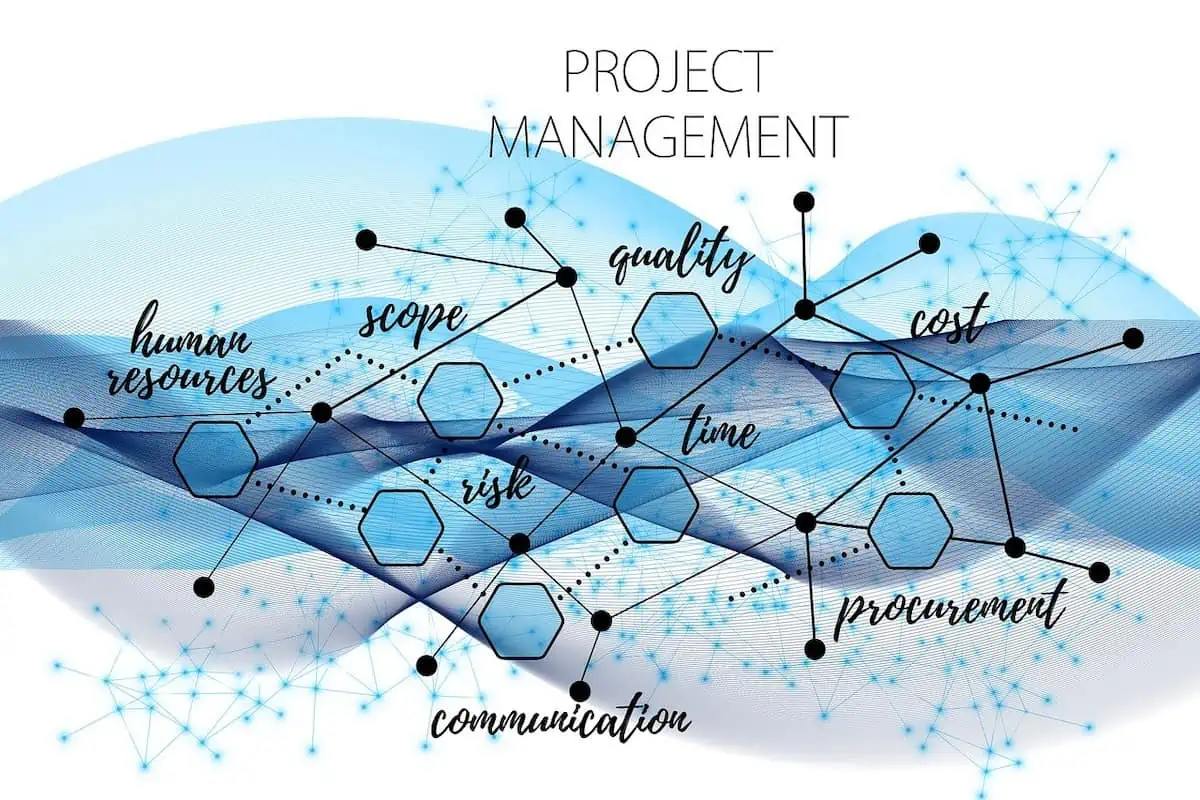In the early stages of a startup business, you may face many challenges. You will need a specialized software solution to provide you with all the essential resources and strategies.
The startup management tool from Planfix includes a wide range of services, including project management, HR, customer service, marketing, and logistics. Let’s use it as an example to illustrate the benefits of implementing these tools and best practices on their deployment.
What Are Management Tools?
Management tools refer to various software, methodologies, and resources that businesses use to plan, execute, control, and optimize different aspects of their operations. Project portfolio management is a crucial subset of these tools, providing organizations with the capability to oversee and enhance the management of multiple projects concurrently.
These tools help improve overall efficiency and streamline processes in managing different aspects of a business. Some examples of management tools are:
- project management tools;
- task tracking and to-do lists;
- communication and collaboration tools;
- customer Relationship Management (CRM) tools;
- financial reporting tools;
- analysis and reporting tools;
- human resource management tools;
- inventory and supply chain management tools;
- time and attendance tracking tools;
- quality management tools;
- knowledge/resource management tools.
Organizations may use a combination of these management tools to meet their specific needs and challenges or a unified startup management platform, like Planfix.
Main Startup-specific Benefits
New startup businesses today can benefit significantly from using the unified management platform due to the many advantages that add significant value to their operations. Let’s take a quick look:
- idea articulation. Use a convenient online whiteboard to brainstorm new ideas and pitch your thoughts and suggestions. Then, in just one lick, you can transfer your ideas to a connection diagram and transform them into tasks;
- efficient planning. With handy Planfix planners, you will have no problems breaking out tasks by priority, monitoring deadlines, and managing the workload for every team member;
- customizable workspace. Turn your planner into a kanban board, use it to organize a full-on scrum with scheduled sprints, retrospectives, and daily standups, or create a custom combination of both tailored to your needs;
- easy task management. Organize your tasks in a calendar, delegate them to team members, sort them into queues, and set up automated notifications on important events and deadlines;
- time and resource optimization. Management tools through Planfix enable efficient resource planning, allocation, and tracking.;
- unified data handling. In Planfix, data is available to everyone who needs it for work. You don’t have to transfer files between different programs or duplicate them, so there are no losses or errors;
- scalability. Using an online management platform makes it easy to accommodate growing teams and expanding workloads;
- performance metrics. Reporting and analysis features allow you to track individual and team performance, measure progress, and make informed decisions to drive success and growth;
- CRM and Integrations. Integrate Planfix with Telegram, Google Drive, Simple Texting, MailChimp, Twillio, VirtualPBX, Zpier, and other services to facilitate and automate your workflow. Use the Planfix API to expand the system’s capabilities.
Leveraging these advantages, startups can navigate the complexities of the early stages of their business more effectively and position themselves for sustainable growth.
Most Popular Tool Types
To not get lost in the wide variety of management tools today’s market offers, you need to know which ones are a better fit for new startup businesses. Let’s take a glance at some of the most popular types:
- project management tools: aimed to help you streamline project planning, execution, and monitoring. Startups can benefit from structure and visibility into project progress;
- task management tools: to-do lists, task prioritization, and reminders. These help organize daily activities and prioritize tasks;
- communication and collaboration tools: will help you to facilitate better teamwork and efficient data sharing among startup teams, regardless of location, as it is accessible anywhere, provided there is an internet connection.
Choosing a unified management platform that offers all of these and more will make a massive difference to the efficiency of your projects and communication between team members. You will probably see a return on investment in the early stages of implementation.
Choosing the Best System for Your Needs
Choosing and implementing a new system can initially seem daunting, but we have you covered. With any new system, you are bound to face some teething problems.
Here are some things to consider ensuring a smooth transition into using your new software:
- startup’s needs, goals, and workflows;
- the size of your team;
- the complexity of your projects;
- and your growth plans.
Once you decide on a solution, proper onboarding and training with your team will allow a smooth transition into using your new toolkit. Considering these before deciding on an option will give you peace of mind that you are choosing the right software to suit your business needs.
Conclusion
Startups seeking to navigate the challenges of the early stage of their business and position themselves for long-term success should consider implementing the proper management tools into their organization.
With enhanced efficiency, improved productivity, effective collaboration, data-driven decision-making, and scalability, what more could one ask for effective management tools for your startup business? You will surely find the growth and success you aim to achieve through all-in-one systems.
Article and permission to publish here provided by Artem Vashkeba. Originally written for Supply Chain Game Changer and published on October 17, 2023.
Cover image by Gerd Altmann from Pixabay

